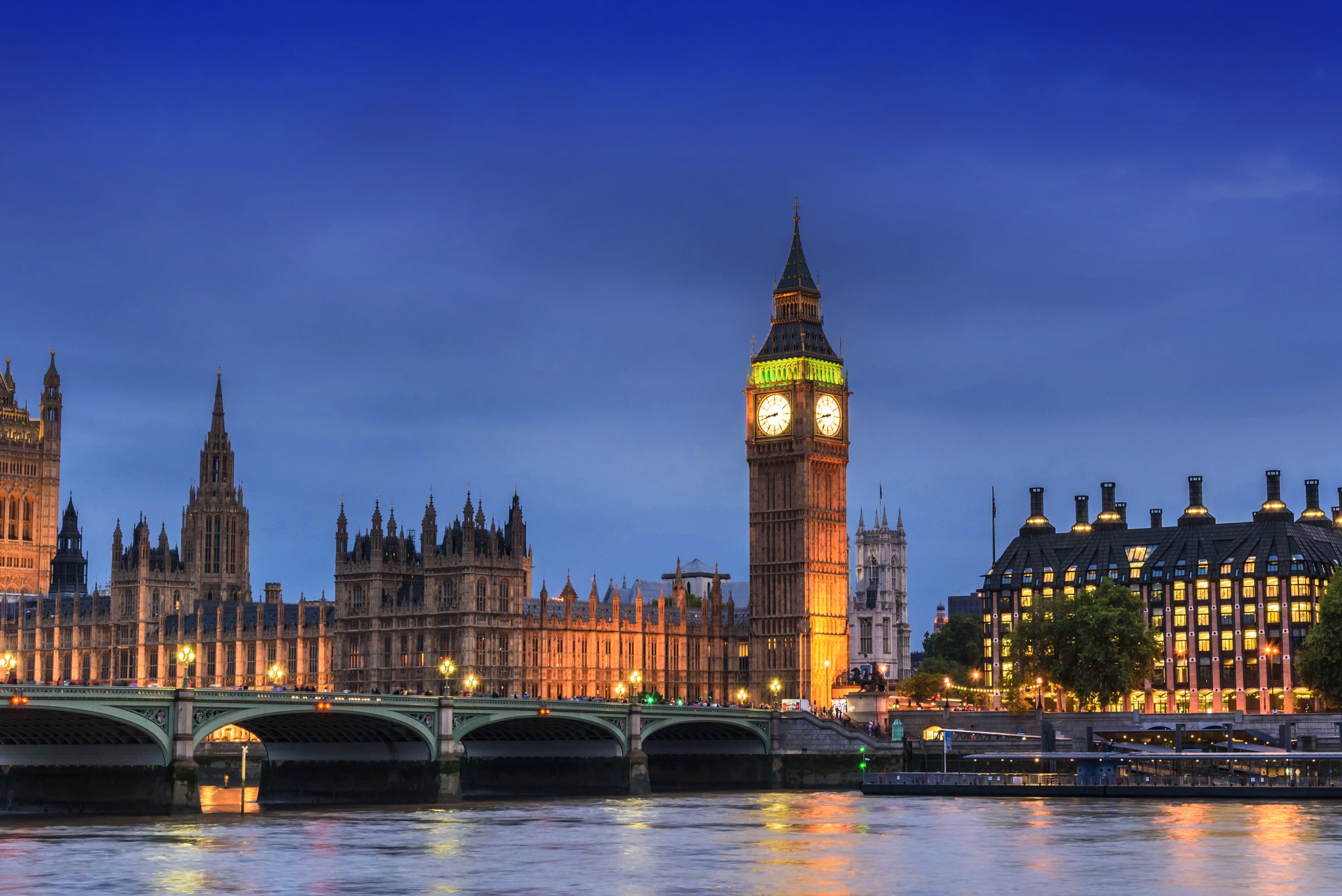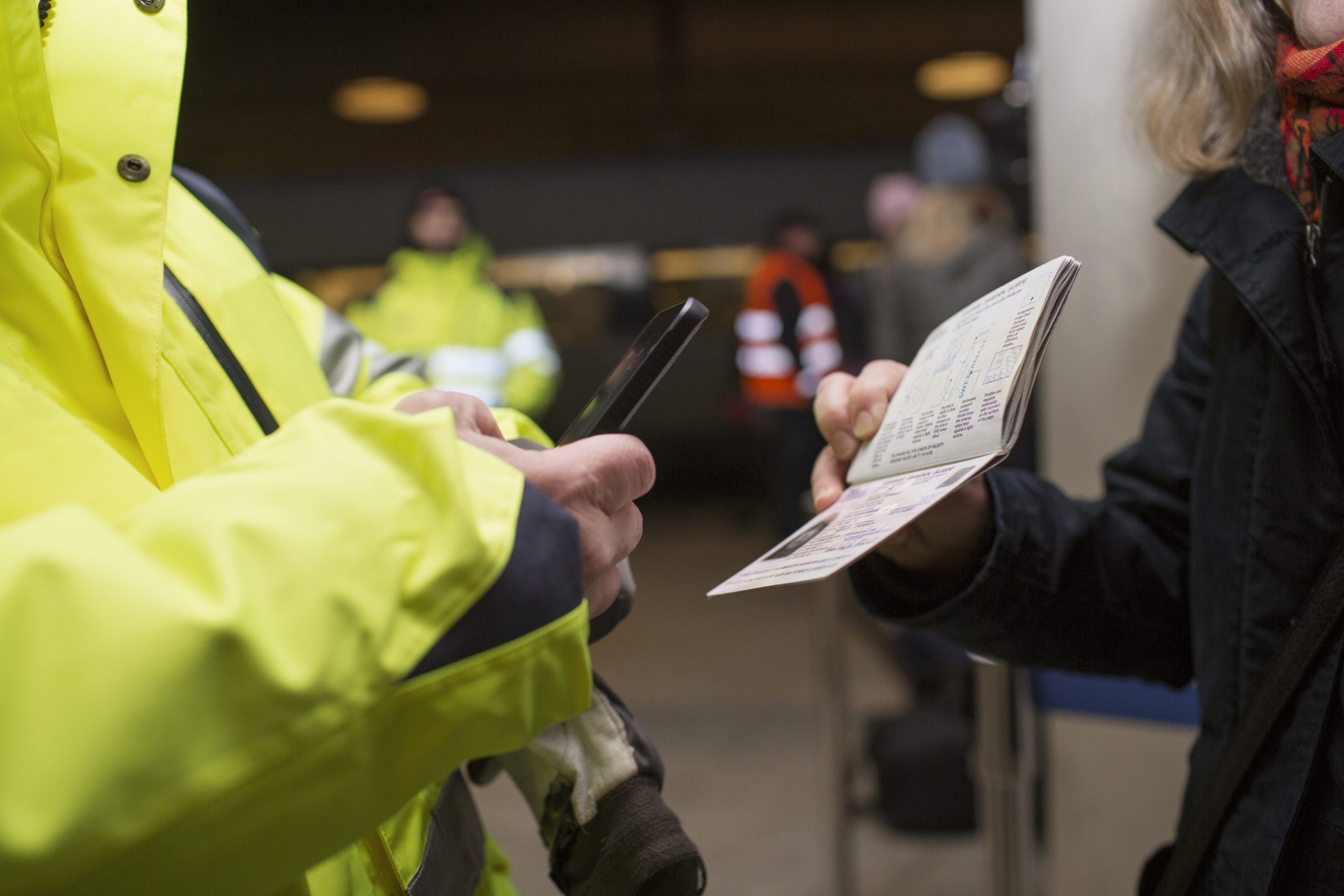What will a new Labour government mean for UK immigration policy?
Written by: Caroline Echwald

The Labour Party’s landslide victory in the recent general election has the potential to mark a turning point for UK immigration policy. With a clear mandate, Keir Starmer’s government is could implement changes to reshape the UK’s approach to asylum, skilled workers, and broader immigration issues. But will they? Or will they instead sell surface level policies, leaving the core of the system unchanged? This article explores the potential impacts and shifts we can expect under Labour’s new Government.
A new approach?
Some of the most anticipated changes is Labour’s proposed changes to the asylum system. The current system, described by many as broken and inhumane, has left thousands of people seeking asylum in a state of limbo. Labour’s plan includes scrapping the controversial Rwanda scheme, which sought to process asylum claims offshore, and redirecting the funds towards establishing a new Border Security Command. This new body will focus on prosecuting those operating the so-called ‘small boat routes’ and enhancing security cooperation with the EU.
While promising to address the asylum backlog by creating a “fast-track returns and enforcement unit” with an additional 1,000 staff members to process claims more efficiently, their plan also includes enabling police to search individuals suspected of involvement in people smuggling and introduce new powers to monitor their financial accounts. Additionally, Labour intends to negotiate returns agreements with ‘safe countries of origin’ and the EU, to work to deport so called ‘failed asylum seekers’ swiftly.
This strategy might be the party’s attempt at balancing strict enforcement measures and a somewhat more humane approach to immigration, however, in addition to concerns about the lack of a clear framework and tangible details in these plans, it is troubling that a big focus of their immigration policies is looking to expand the border security apparatus and deportation schemes, rather than looking to create actual safe routes accessible to all rather than limited routes available to a privileged few and ensuring the rights and dignity of people arriving in the UK to seek asylum.
Labour’s policies are not without challenges either. Grassroots organisations have called for a much more compassionate approach, urging the government to restore the right to seek asylum in the UK in line with international obligations. In addition to the scrapping of the Rwanda Scheme, they recommend repealing the Illegal Migration Act and the Nationality and Borders Act, which have contributed to an ever-growing asylum backlog and deteriorating conditions for people seeking asylum. So far, they have made no plans to scrap either, but Starmer has said that asylum applications from individuals who arrived after the Illegal Migration Act will be processed.
Skilled Workers and family visas
Labour’s immigration policy extends beyond asylum to address the immigration system more broadly. A recent contentious issue is both the minimum income requirement for family visas and the Skilled Worker salary threshold which have increased substantially to £29,000 and £38,700 respectively, during this year. Labour has expressed concerns about this increase and has stated that the Migration Advisory Committee will be asked to review these changes. While this move is a positive development for those struggling to meet this minimum income requirement to bring family members, as well as employers struggling to meet the salary threshold, the party’s standpoint on routes like the Skilled Worker visa, is not all good news. An important feature of their proposal is the plan to link the Migration Advisory Committee to industrial and skills strategy bodies. This approach aims to reduce the UK’s reliance on overseas workers by training and upskilling local workers in the UK. Labour is also considering reintroducing the ‘resident labour market test,‘ requiring employers to demonstrate efforts to recruit domestically before hiring from overseas.
While many expected Labour’s immigration policies to be a departure from the very strict Conservative policies, it is clear that the new government is still working towards reducing net migration. With a focus on limiting businesses and employers from recruiting workers and new talent from outside the UK, the continued focus on reducing migration numbers is also evident in their decision to keep the ban on care workers bringing dependants, a decision which has faced criticism from various quarters in the sector for its lack of compassion and stunting economic growth.
Challenges and critiques
In comparison to their predecessors, Labour’s proposals may be seen by some to indicate a shift towards more structured and humane immigration policies. However, the lack of detailed implementation plans raises questions about feasibility of some of the proposals. At the same time, the hope that a Labour win would create significant changes to the punitive and hostile immigration system inherited from the Conservative government is far from met.
Hundreds of charities and grassroots organisations have emphasised the need for a compassionate approach to immigration, urging Labour to focus on restoring dignity and human rights for people seeking asylum. Key parts of their recommendations include opening safe routes, resolving the legal aid crisis, and housing asylum seekers in communities rather than institutional accommodations. While aspects of Labour’s policy plans are a welcomed change to the performative cruelty of the Conservative government they replace, it is safe to say that it falls short of meeting these key compassionate recommendations.
As Labour begins its tenure in government, it is crucial that they keep to humanitarian principles and insist on upholding the UK’s international obligations. The new government has the opportunity to create significant meaningful changes for UK immigration policy and refugee protection system, but their success in this task will depend on a willingness to listen to the calls from those working with and going through the system and, importantly, to translate these into actionable and effective measures. After a decade of conservative rule, we urge Labour to lead with compassion, creating a fair and just immigration system for all.
Need legal assistance on your UK immigration journey?
If you need legal assistance on your UK immigration journey or have any questions, fill out our contact form and we will get back to you and let you know how we can help you.

Related Articles
-

Reaching out to European citizens in Northern Ireland
Read articleSince the UK left the EU and EU citizens living here have faced a new immigration reality through the introduction of the EU Settlement Scheme (EUSS). There have been challenges for those citizens, and the organisations supporting them, in making sure they retain their rights to reside, work and live in the UK. Especially for […]
-

New absence rule for EU Settlement Scheme pre-settled status holders
Read articleOn 24 June 2025, the Home Office published a Statement of Changes to the Immigration Rules. Included in this statement is a very welcomed change that significantly simplify the absence rule for pre-settled status holders under the EU settlement scheme (EUSS) to move to settled status. Many of the enquiries we receive are about how the […]
-

Travelling with digital immigration status: June update for BRP holders
Read articleAs you will likely be aware of, the UK is transitioning into a digital immigration system. We have covered earlier, in 2024, that all physical immigration documents are now being transferred to a digital system called an eVisa. An eVisa is an online record of your immigration status in the UK. Where earlier you would […]
Categories: Immigration News
